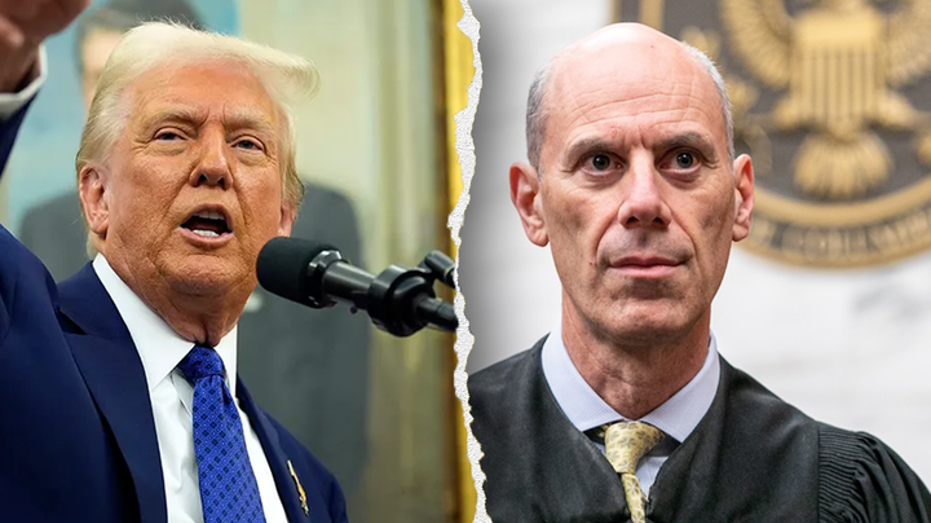Judge Fumes Over Late-Night Deportation Move Signed 'In The Dark'

Sarah Johnson
March 22, 2025
Brief
A federal judge rebuked the Trump administration for deporting Venezuelans despite a court order, sparking a legal and political battle over the use of the Alien Enemies Act.
A federal judge has taken the Trump administration to task for deporting Venezuelan nationals to El Salvador in apparent defiance of an earlier court order. U.S. District Court Judge James Boasberg grilled government attorneys on Friday, demanding explanations for what he described as a blatant sidestep of judicial authority.
At the heart of the legal dispute is the administration's use of the 1798 Alien Enemies Act to deport Venezuelan nationals, including alleged members of the Tren de Aragua gang. Boasberg had previously issued a temporary block on deportations under this law, but despite his ruling, at least 261 migrants were deported over the weekend – more than 100 of them Venezuelans.
The timing of the deportations raised eyebrows, with Boasberg zeroing in on why the proclamation was signed during what he called "the dark" hours of early Saturday morning. "To me, the only reason to do that is if you know the problem and you want to get them out of the country before a suit is filed," he told Justice Department attorneys.
During the hearing, Deputy Assistant Attorney General Drew Ensign admitted that he had no knowledge of the deportation flights when questioned during the initial court proceedings. He later claimed that no one had provided him with details, even as the planes were already in the air. Boasberg, visibly unimpressed, demanded the administration explain by Tuesday why his order to halt the deportations was ignored.
In a bench ruling issued Saturday, Boasberg ordered any planes carrying deported Venezuelans to return immediately. He also expressed concern about the broader implications of the administration’s use of the Alien Enemies Act, suggesting it could be abused to label virtually any foreigner as an invader. "If some foreign fisherman comes into U.S. waters, the president could say that’s an invasion," he said, adding, "Even you would say that's alarming." Ensign's response? "That's up to Congress."
Adding another layer of drama, the Trump administration may invoke the state secrets privilege in the ongoing legal battle, a move that would allow them to withhold information on national security grounds. Deputy Attorney General Todd Blanche hinted at the possibility, stating in a court declaration that Cabinet-level discussions on the matter were underway.
Meanwhile, former President Donald Trump weighed in via social media, calling for the Supreme Court to put an end to "nationwide injunctions." In his post, he warned of "serious trouble" if the Court doesn’t rein in what he described as judicial overreach. It’s worth noting that over 300 of Trump’s executive orders and actions have been blocked by federal judges.
Judge Boasberg's frustration seemed to capture the essence of a legal and political standoff that could very well escalate to the Supreme Court. Whether the administration’s actions were a misstep or a calculated gamble remains to be seen, but one thing is clear: Boasberg isn’t letting this one slide easily.
Topics
Editor's Comments
Can we talk about how the administration apparently worked on a 'need-to-know' basis – and not even their own lawyers seemed to 'need to know'? The judge's frustration practically leapt off the transcript. Also, invoking a centuries-old law to deport people in 2025 feels like trying to fix a Tesla with a manual for a horse-drawn carriage. Just saying.
Like this article? Share it with your friends!
If you find this article interesting, feel free to share it with your friends!
Thank you for your support! Sharing is the greatest encouragement for us.



